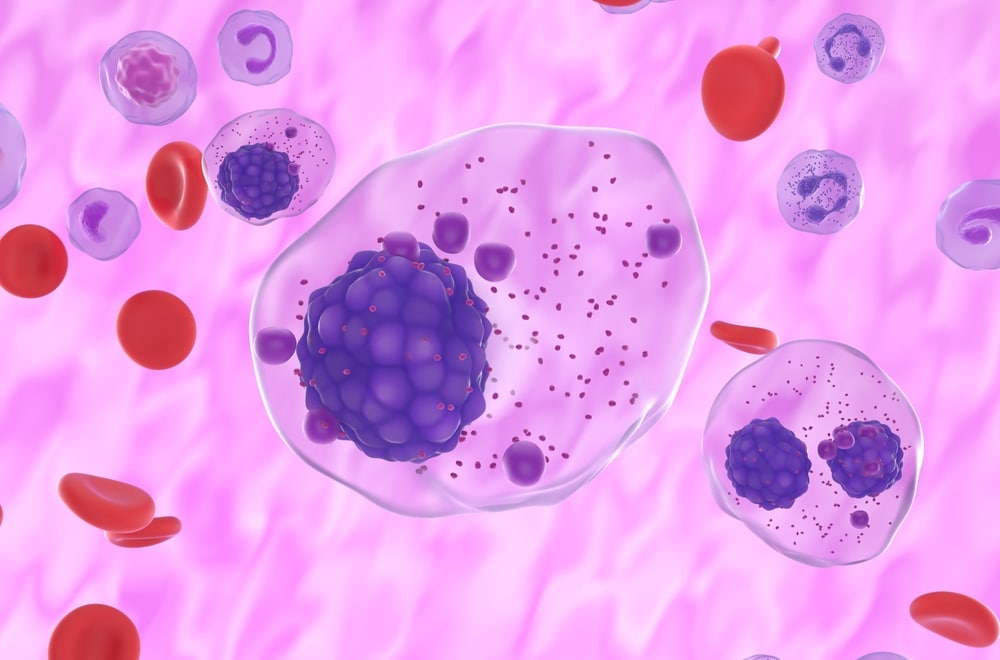Hidden ‘Persimmon’ Ingredient May Revolutionize Ethanol Production

Research into enhancing yeast resilience to ethanol stress has taken a promising turn with the discovery of the potential benefits of persimmon tannin. As ethanol production gains traction as a cleaner alternative fuel, finding ways to optimize the growth of yeast strains crucial to the process becomes imperative. While ethanol holds promise as a fuel source, its production often poses challenges due to its negative impact on yeast growth.
A team of researchers from Osaka Metropolitan University, led by Professor Ken-ichi Fujita and Professor Akira Ogita, embarked on a quest to explore natural substances that could bolster yeast resilience to ethanol stress. Their focus turned to persimmon tannin, known for its antioxidative properties. Their findings revealed a significant improvement in the growth of the yeast strain Saccharomyces cerevisiae when cultivated in a medium containing both ethanol and persimmon tannin.
The results were striking: yeast cultures grown with persimmon tannin exhibited an impressive 8.9-fold increase in cell numbers compared to those grown without it. This remarkable enhancement underscores the potential of persimmon tannin as a protective agent against ethanol-induced oxidative stress. While the tannin did not prevent damage to the yeast cell membranes caused by ethanol, it demonstrated its efficacy in mitigating oxidative stress, thereby enhancing the yeast’s tolerance to ethanol-induced stressors.
The implications of this discovery extend beyond ethanol production. As the world seeks sustainable alternatives to conventional fuel sources, bioethanol emerges as a promising candidate. However, its widespread adoption hinges on overcoming hurdles in production efficiency. By leveraging natural compounds like persimmon tannin to bolster yeast resilience, researchers pave the way for more efficient and environmentally friendly bioethanol production processes.
The study’s findings shed light on the untapped potential of natural antioxidants in enhancing microbial resilience to stressors, opening avenues for further research and innovation in the field of biofuel production. As the quest for sustainable energy solutions continues, discoveries like these offer hope for a greener, more sustainable future.





